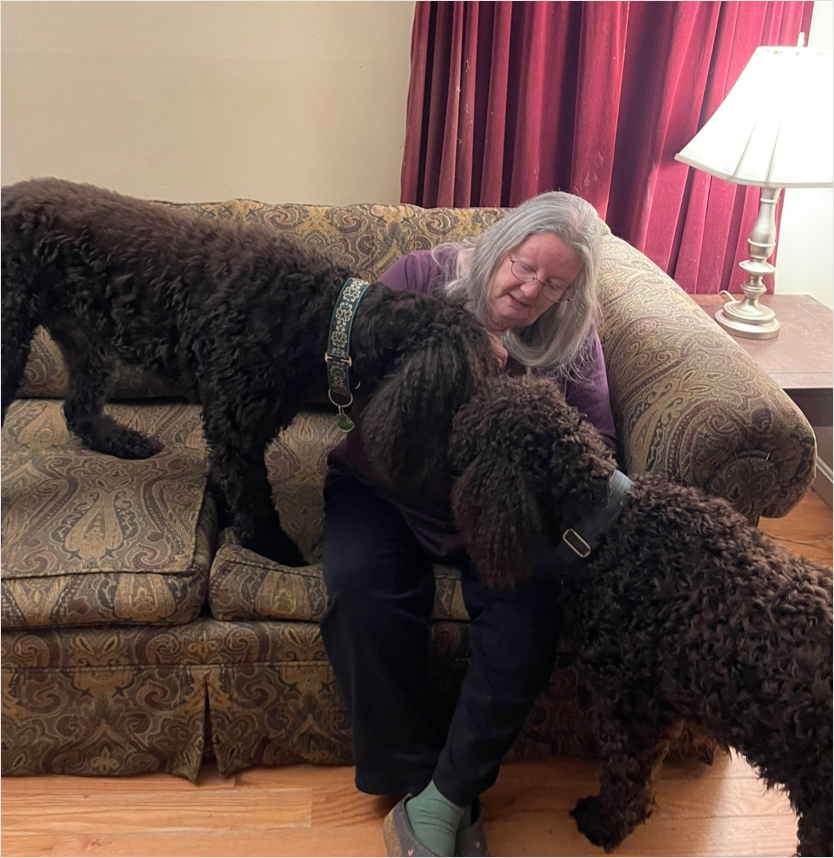My father had the worst luck, but the best attitude. He told me, “If all you see on a bad day is a flower, it was a good day.” And I’ve always held on to that sentiment.
My parents came from a farming and fishing community in Cape Breton, an island off the coast of Nova Scotia. We weren’t wealthy, but we were happy and had what we needed. My father’s hopeful outlook helped shape an ideal 1950s childhood of dancing, reading, and even developing trade skills like carpentry. And that hope has stayed with me throughout my life, especially during my gMG diagnosis.
It's difficult to pinpoint exactly when my gMG symptoms started. Looking back at photos from grade school, I noticed my eyes didn’t open wide. But I didn’t think anything of it at the time. I also remember feeling generally tired but just thinking it was due to my active lifestyle. Now I wonder if some of that was because of gMG: Were my droopy eyelids a gMG symptom? Was my muscle fatigue a gMG symptom?







